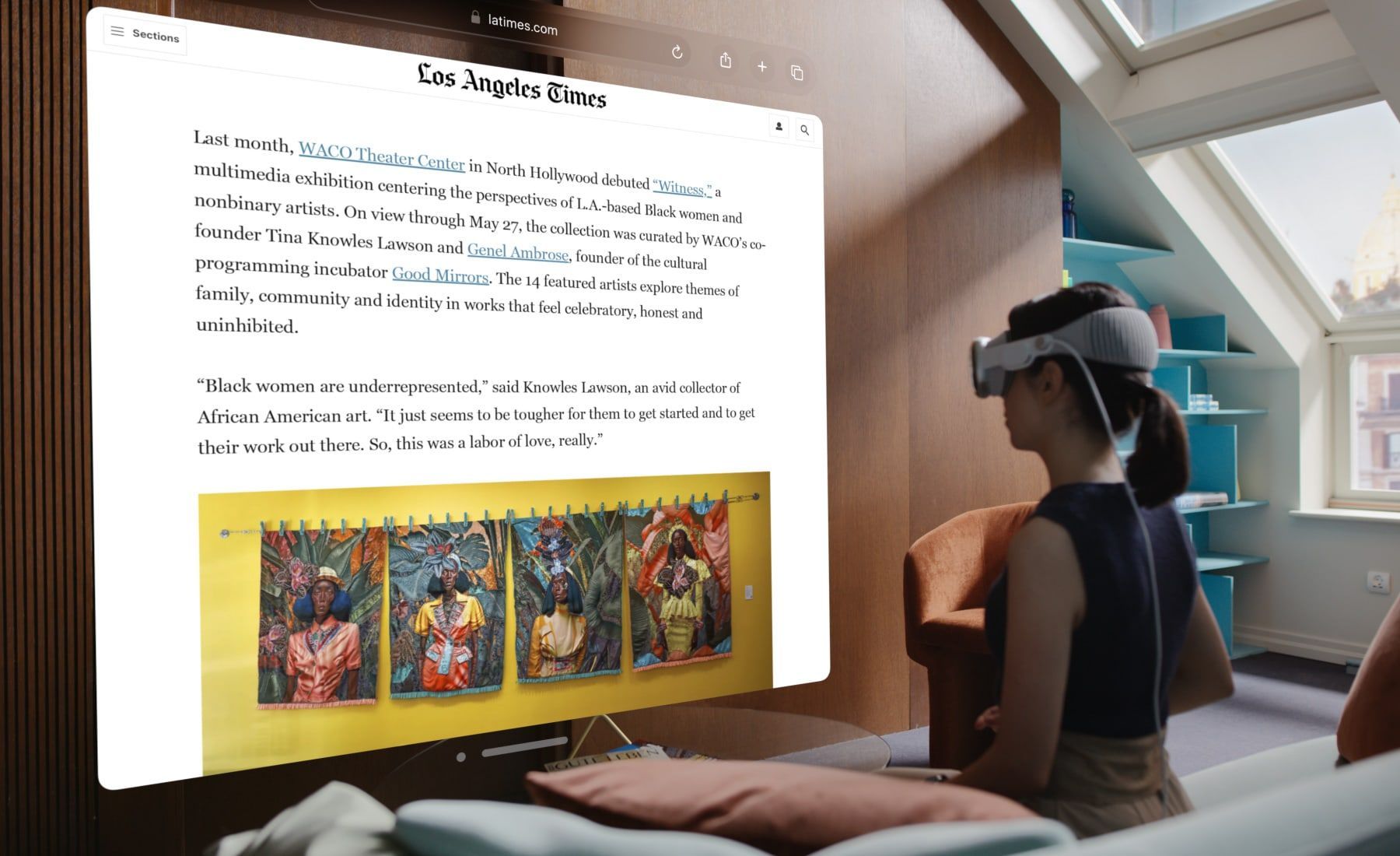How to Boost MBA Enrollment in a Competitive Market
In today's highly competitive higher education landscape, business schools must adopt innovative strategies to attract prospective MBA students. With a plethora of degree programs available, schools need to differentiate themselves to increase enrollment. This article explores key strategies to boost MBA enrollment, leveraging digital marketing, flexible learning options, and focusing on high-quality program offerings.
Understanding the Competitive Landscape
The business education sector is more competitive than ever, with numerous schools offering MBA programs tailored to diverse student needs. From full-time and part-time options to hybrid and online courses, the variety of programs available can be overwhelming for prospective students. To stand out, business schools must emphasize their unique strengths and address the specific needs of their target audience.

Emphasize High-Quality Program Offerings
1. Curriculum Relevance and Quality:
Prospective MBA students are looking for programs that offer a relevant and rigorous curriculum. Business schools should highlight their cutting-edge courses, experienced faculty, and partnerships with industry leaders. This not only demonstrates the program's quality but also its alignment with current market demands.
2. Specialized Programs:
Offering specialized MBA tracks in areas like AI programs, entrepreneurship programs, and data-driven decision-making can attract students interested in these fields. Highlighting the school's expertise and success in these areas can make the program more appealing.
3. Flexible Learning Options:
In today's fast-paced world, flexibility is crucial. Offering hybrid programs that combine online and in-person learning can cater to working professionals and international students. This flexibility allows students to balance their education with personal and professional commitments.
Leverage Digital Marketing
4. Targeted Digital Campaigns:
Utilize data-driven digital marketing strategies to reach potential students. Schools can tailor their marketing efforts to target specific audiences by analyzing demographics and online behavior. Platforms like Google Ads, Facebook, and LinkedIn offer robust tools for reaching potential MBA applicants.
5. SEO and Content Marketing:
Optimizing the school's website for search engines is vital for visibility. Creating valuable content such as blog posts, webinars, and case studies can establish the school as a thought leader in business education. This content should be optimized for keywords like "MBA program," "business schools," and "graduate students."
6. Student Testimonials and Case Studies:
Showcasing alumni's success stories can be a powerful marketing tool. Prospective students are more likely to apply to programs where they see previous graduates succeeding. Video testimonials and detailed case studies can provide insights into the program's impact on students' careers.
Enhance the Student Experience
7. Personalized Communication:
Prospective students appreciate personalized communication. Use CRM systems to track interactions and tailor messages to address individual interests and concerns. Personalized emails, messages, and calls can significantly improve engagement and conversion rates.
8. Engaging Virtual Events:
Host virtual open houses, webinars, and Q&A sessions with faculty and alumni. These events allow prospective students to interact with the school community, ask questions, and gain a deeper understanding of the programs offered.
9. Networking Opportunities:
Highlight the networking opportunities available through the MBA program. Prospective students are often interested in building connections with peers, alumni, and industry professionals. Schools can organize networking events, mentorship programs, and business partnerships to enhance these opportunities.
Utilize Rankings and Accreditations
10. Highlight Accreditations:
Accreditations from reputable organizations such as AACSB or EQUIS can enhance the perceived quality of an MBA program. Schools should prominently display these credentials on their website and marketing materials.
11. Leverage Business School Rankings:
Rankings from sources like US News and World Report can significantly influence prospective students' decisions. Schools should capitalize on their rankings by incorporating them into their marketing campaigns and communications.

Innovate with Technology
12. Incorporate Cutting-Edge Technology:
Integrating technology such as AI and augmented reality into the curriculum can make programs more attractive. Schools can offer courses on emerging technologies and demonstrate their practical applications in business.
13. Online Learning Platforms:
Invest in robust online learning platforms to provide a seamless educational experience. High-quality video lectures, interactive assignments, and virtual collaboration tools can enhance the learning experience and attract tech-savvy students.
Conclusion
Business schools must strategically market their MBA programs in a competitive market to stand out. Schools can effectively boost enrollment by emphasizing high-quality offerings, leveraging digital marketing, enhancing the student experience, and utilizing technology. Understanding the needs of prospective students and adapting to market trends will ensure long-term success in attracting MBA applicants.
These strategies can help business schools navigate the complexities of today's educational landscape and achieve their enrollment goals.
TALK TO A PRO
We're here to bring your brand to life!
Stay Connected with BrandXR
Create Augmented Reality for Free!
Create, Publish, and Measure 3D Augmented Reality Experiences Without Having to Code.














